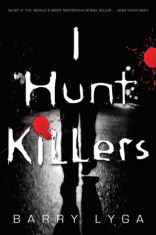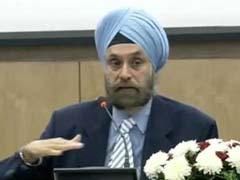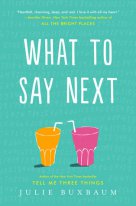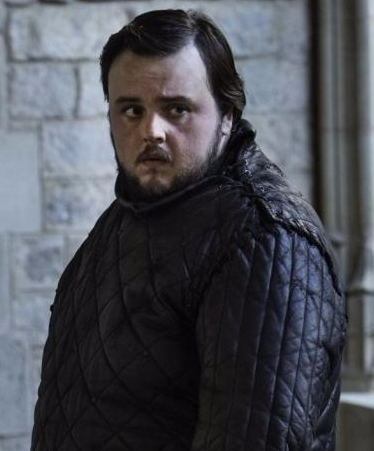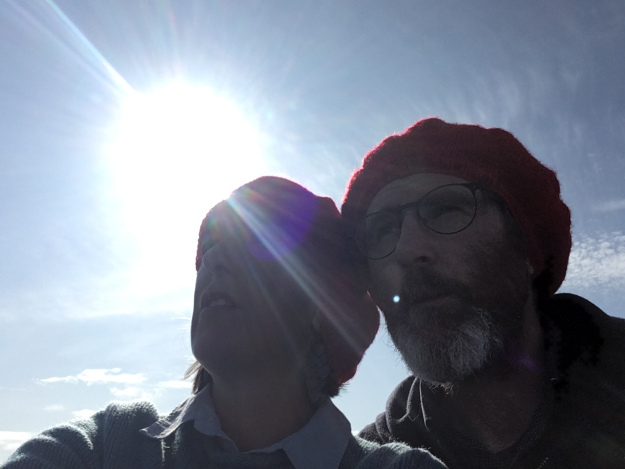“And now that you don’t have to be perfect, you can be good.” – John Steinbeck, East of Eden
When I first thought about the task of reviewing books for my blog, I knew that I absolutely needed to include East of Eden by John Steinbeck on my list. It has often been called the Nobel Prize winner’s greatest work, a thick and sweeping tale of the American Dream. Most importantly, this is, without any doubt, my favorite novel. In the beginning, I’m not sure what it was about Steinbeck that caught my interest. He was never part of “required reading” for any of my high school or college Literature courses. Yet, at the age of seventeen, I pulled a copy that smelled a bit like rainwater from the shelves of my high school library. And I fell in love with East of Eden’s marvelous prose, stunning imagery, and characters that you hold close to your heart.
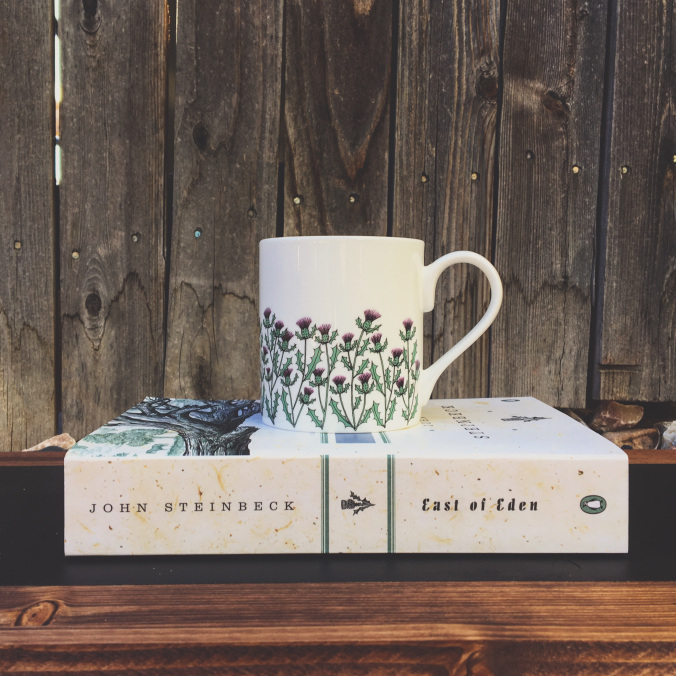
This is a story about the true nature of man that is far more personal than prophetic. Primarily set in the California farmland of the Salinas Valley, a place rooted in Steinbeck’s personal history, you discover the variety of struggles faced by two intertwined families in the early 20th century. Despite their differences, every member of the Hamilton and Trask family immensely struggles to understand the idea of destiny. Are these complex, broken, and entirely human characters fated to be flawed due to a predetermined plan? Or do they have the choice and ability to determine circumstance? The theme is deeply entrenched in the story – sibling rivalry, the lack of love from a paternal figure, the pressures of leading a large family, the struggle for acceptance, or the sinking of depression loneliness. Steinbeck weaves a story that leaves many of his readers questioning humanity’s disposition alongside the characters. The idea is hidden inside a metaphor in the depths of the story, and it is one that I’ve really chosen to root in my life. The Hebrew word timshel, which Steinbeck translates as “Thou Mayest”, stands for the idea that although God knows us to our core (our future, our plans, our dreams), we still have the freedom as humans to make our own choices.
“[The Hebrew] word timshel — Thou mayest — that gives a choice. It might be the most important word in the world. That says the way is open. That throws it right back on a man. For if Thou mayest — it is also true that Thou mayest not… [Thou mayest] makes a man great, that gives him stature with the gods, for in his weakness and his filth … he has still the great choice. He can choose his course and fight it through and win.” – John Steinbeck, East of Eden
Perhaps man is not doomed to evil or destined for good. Instead, man has the power to choose his path. If I were ever to have a tattoo, you can bet timshel would be printed on my body as a reminder that God created me, yet I am fully responsible for my own choices.
The novel is arduous, and I won’t try to gloss over the labor that goes into reading it. Yet, in my opinion, every line that Steinbeck writes is something to be savored. Like unraveling and sucking on a piece of hard candy, you want to taste it on your tongue, rolling it over and over, and when it disappears, you quickly wish it back. This is America’s epic. Steinbeck’s masterpiece feels immensely personal. I can imagine myself in his home, curled up on a couch across from him, listening to his deep voice sliding over the Salinas Valley as he describes the mountains in the distance, the wildflowers springing up from dry dirt, the people who have worked at the land. He really invites you inside this story to feel and experience it yourself.
If you’re looking for your next favorite novel, I guarantee Steinbeck will make the cut once you finish this book. (Even if it does take a couple months to tackle the task.)
★★★★★ 5/5 Stars. I honestly would give it 6, but that wouldn’t be fair to the other works.
Cheers!
Taylor
Advertisements Share this: